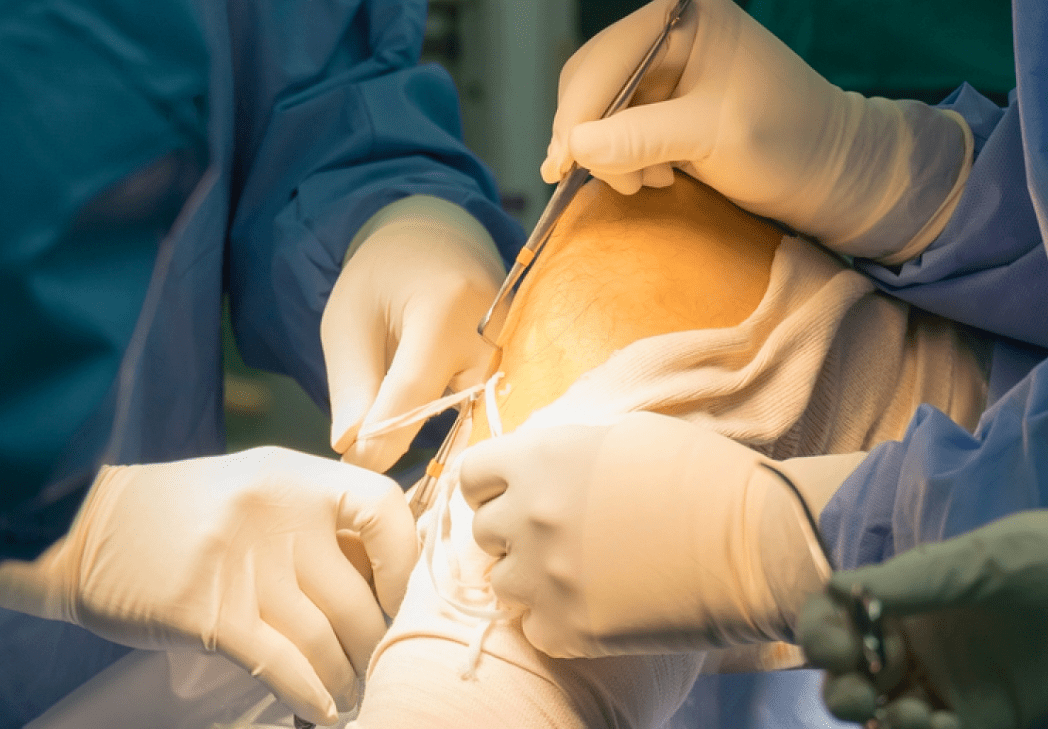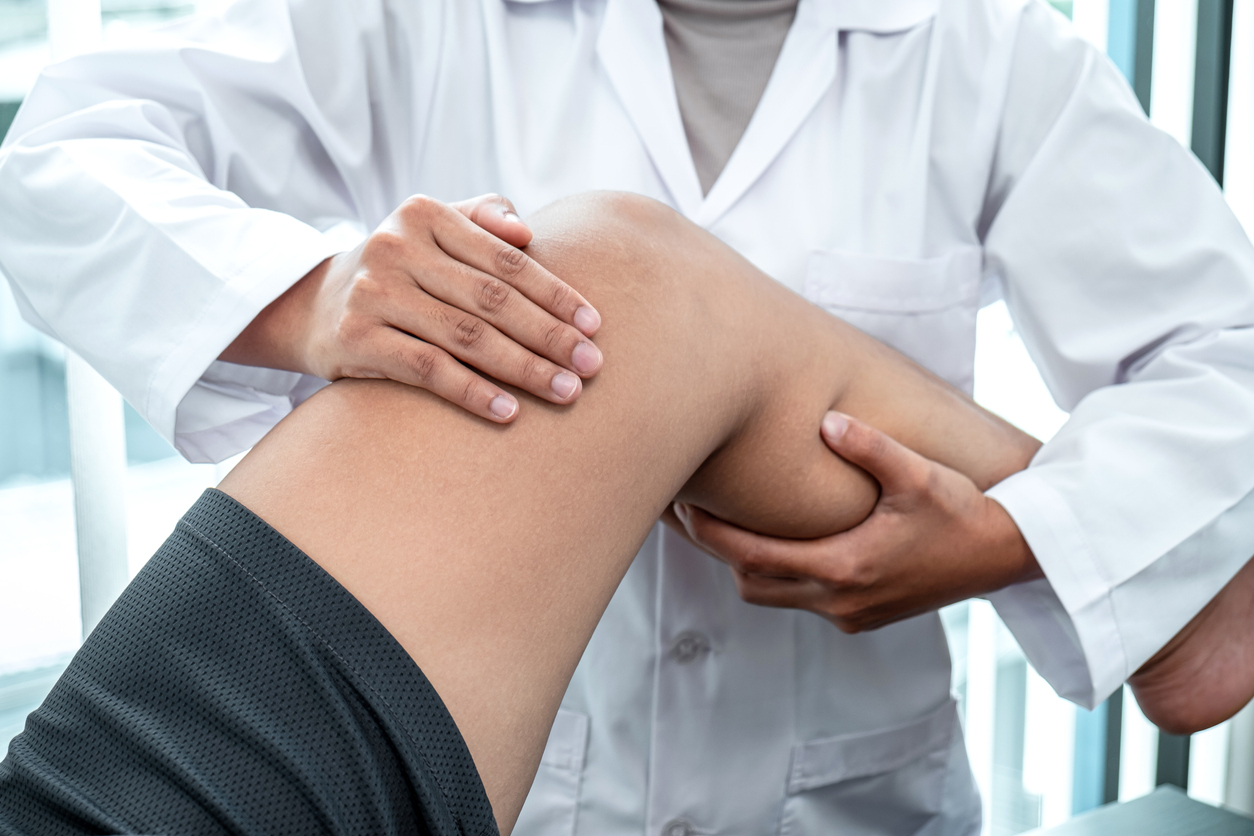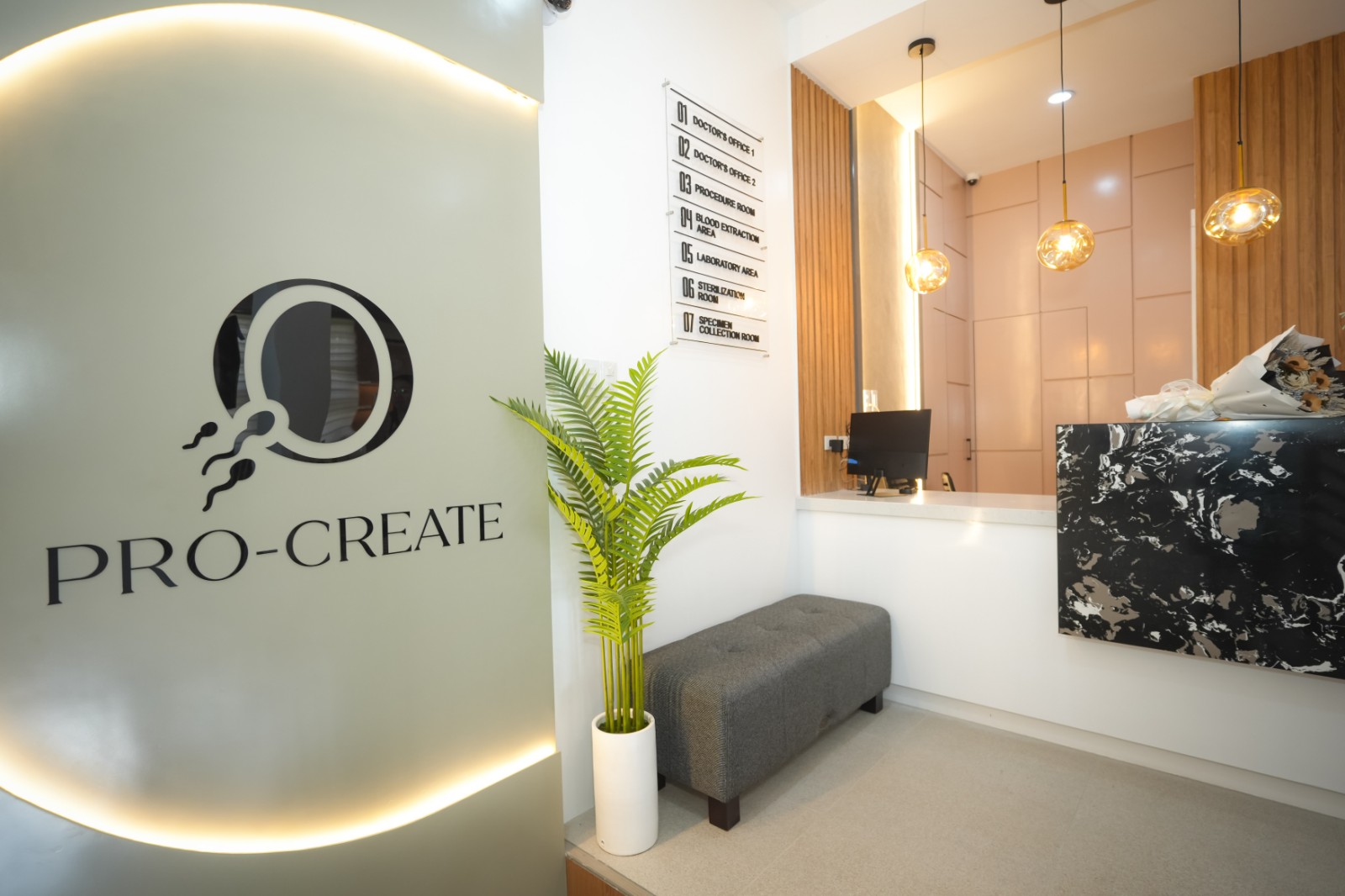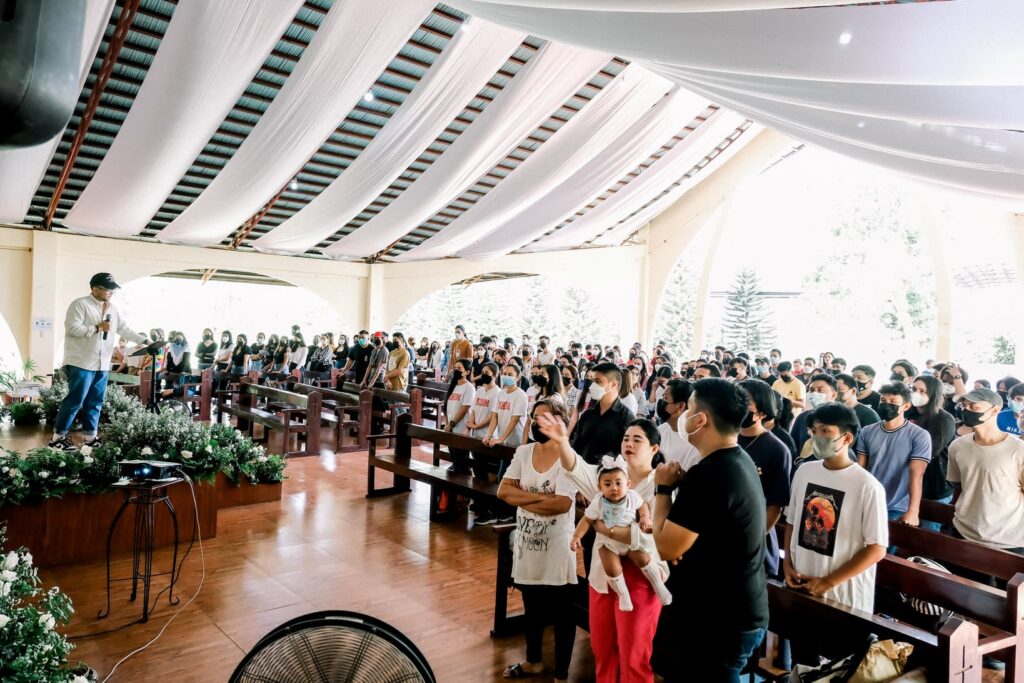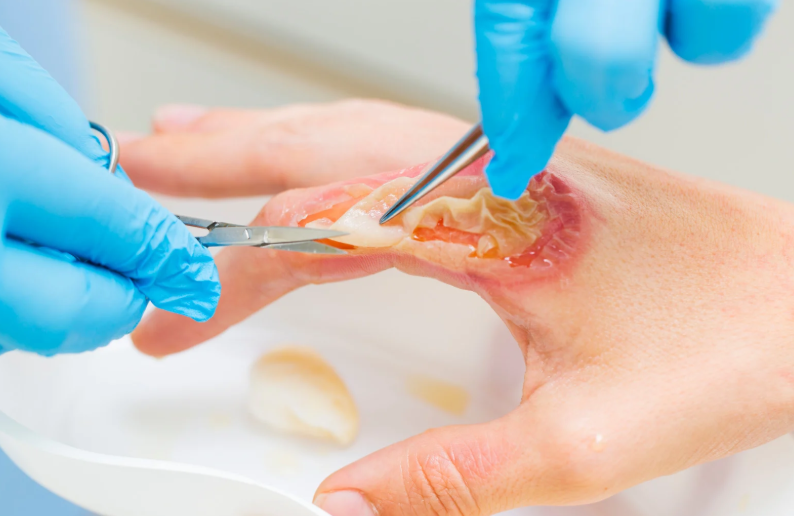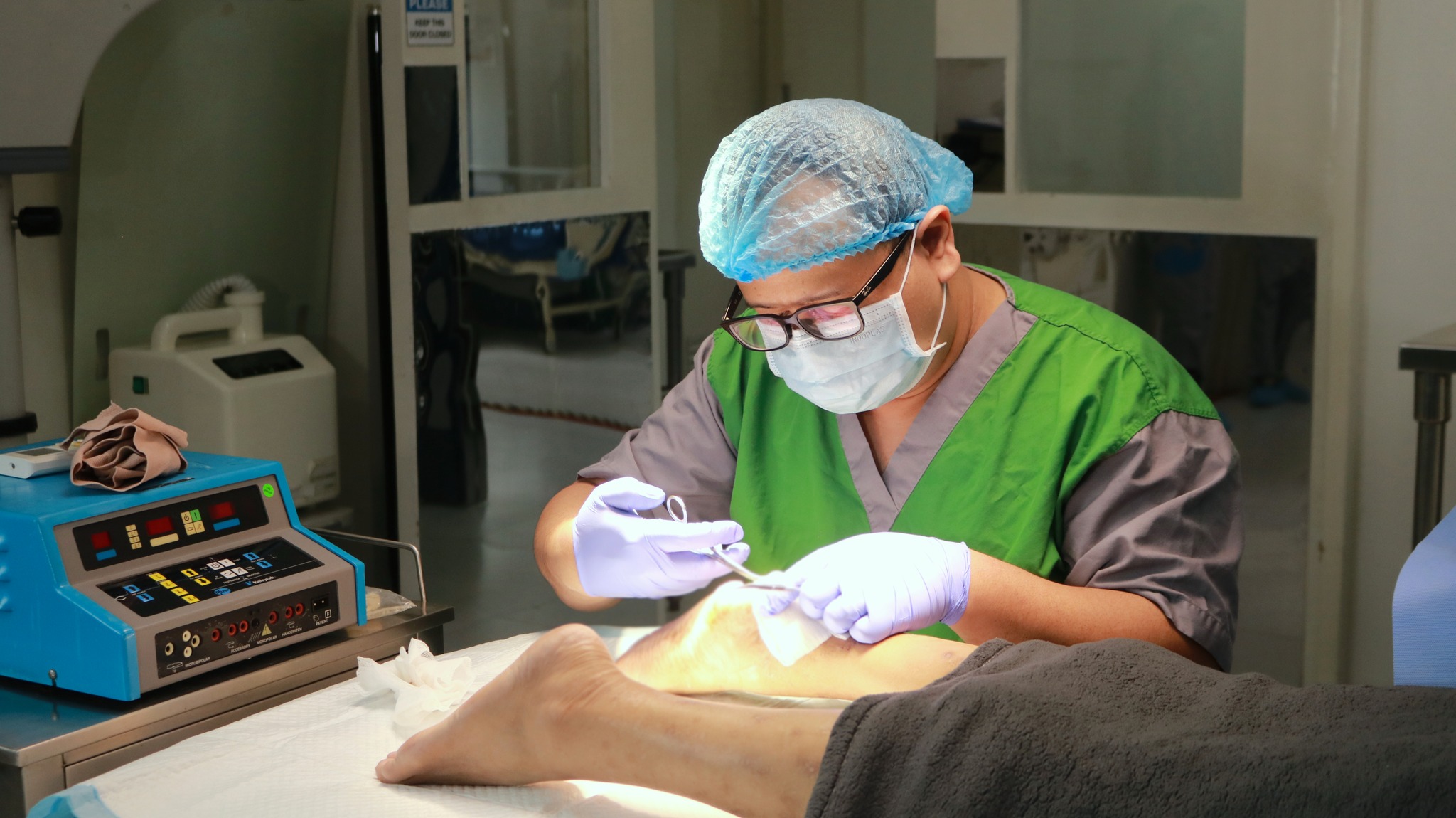The anterior cruciate ligament (ACL) plays a crucial role in stabilizing the knee joint during activities involving sudden changes in direction, such as running, pivoting, and jumping. When this ligament is torn, it can severely impact mobility and quality of life. ACL reconstruction surgery is a common procedure aimed at restoring knee stability and function, enabling individuals to return to their active lifestyles.
What is ACL Reconstruction Surgery?
ACL reconstruction surgery is a procedure designed to repair or replace a torn ACL in the knee. By reconstructing the ACL, surgeons aim to restore stability to the knee and reduce the risk of further damage. This surgery is typically recommended for individuals who experience significant instability or are unable to participate in activities due to ACL injury.
Indications for ACL Reconstruction
Not everyone with an ACL tear requires surgery. Indications for ACL reconstruction include:
- Persistent knee instability despite conservative treatment.
- Active individuals involved in sports or activities requiring knee stability.
- Multiple ligament injuries involving the ACL.
Signs and symptoms of a torn ACL may include a popping sensation at the time of injury, swelling, pain, and difficulty bearing weight on the affected leg.
Preparing for ACL Reconstruction Surgery
Before ACL reconstruction, patients undergo a thorough evaluation by an orthopedic surgeon. This includes a physical examination, review of medical history, and diagnostic tests such as MRI to assess the extent of the injury. Pre-operative preparations may involve lifestyle adjustments, pre-surgery physical therapy, and discussions about anesthesia options.
The ACL Reconstruction Procedure
Step-by-Step Explanation of the Surgery
- Anesthesia: The patient receives either general anesthesia or a spinal block to ensure comfort during the procedure.
- Incision: A small incision is made over the knee to access the damaged ACL.
- Graft Harvesting: The surgeon selects a graft (tissue) to reconstruct the ACL, which may be taken from the patient’s own body (autograft) or from a donor (allograft).
- Graft Placement: The graft is secured in place using screws or other fixation devices to mimic the function of the original ACL.
- Closure: The incision is closed, and sterile dressings are applied.
Recovery Timeline and Rehabilitation
Post-Operative Care and Hospital Stay
After surgery, patients typically stay in the hospital for a day or two for monitoring and pain management. Physical therapy begins immediately to regain knee range of motion and strengthen surrounding muscles.
Physical Therapy Exercises and Rehabilitation Process
Physical therapy plays a crucial role in ACL reconstruction recovery. Exercises focus on improving knee flexibility, strength, and stability. The rehabilitation process is gradual, with milestones for returning to normal activities and sports.
Expected Outcomes and Complications
ACL reconstruction surgery has a high success rate in restoring knee stability and function. However, complications such as infection, stiffness, or graft failure can occur. Patients are closely monitored post-surgery to manage any potential issues and ensure optimal recovery.
Lifestyle Changes After ACL Reconstruction
Returning to Sports and Physical Activities
Patients can typically resume light activities within a few weeks to months after surgery, depending on individual recovery progress. Return to sports is gradual and guided by the orthopedic team to prevent re-injury.
Long-Term Knee Care and Injury Prevention Tips
Maintaining knee health involves ongoing care, including regular exercise to strengthen muscles supporting the knee joint, proper warm-up techniques before physical activities, and using protective gear when participating in sports.
Takeaway
ACL reconstruction surgery is a transformative procedure for individuals with ACL injuries, offering a path to restored mobility and an active lifestyle. If you suspect an ACL tear or experience symptoms of knee instability, consulting with a specialist at Tec Orthopedics can provide clarity and personalized treatment options.

